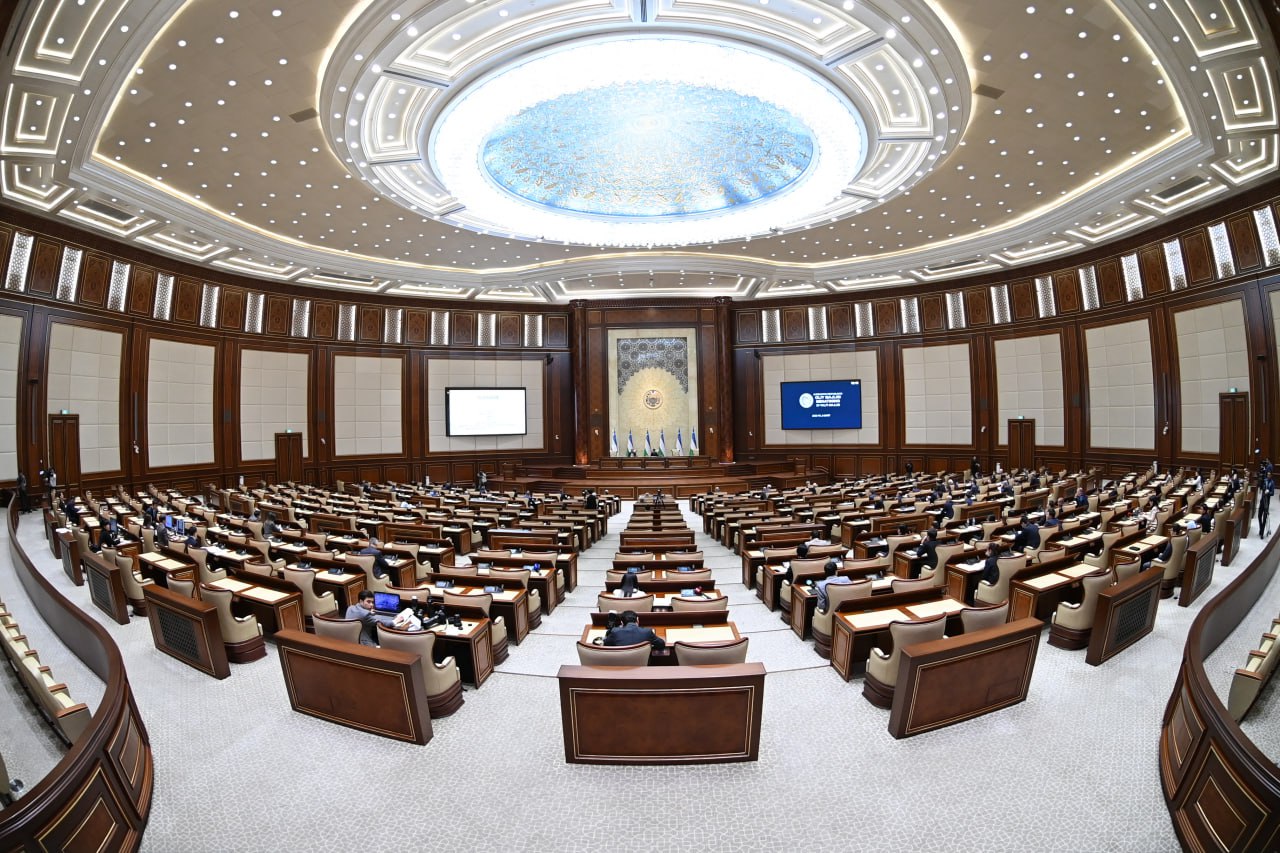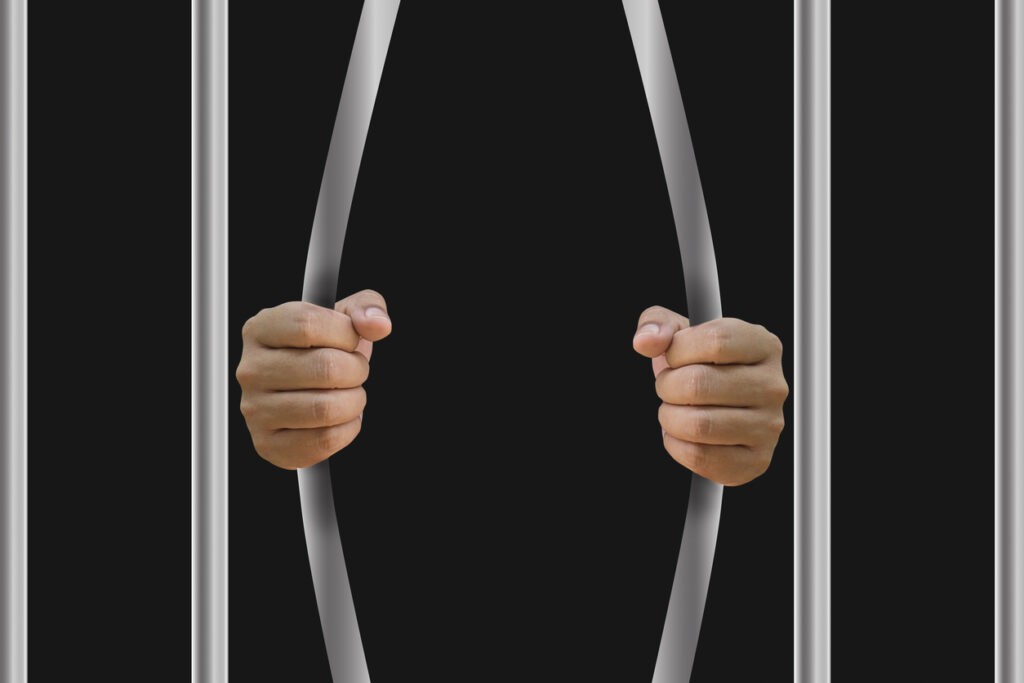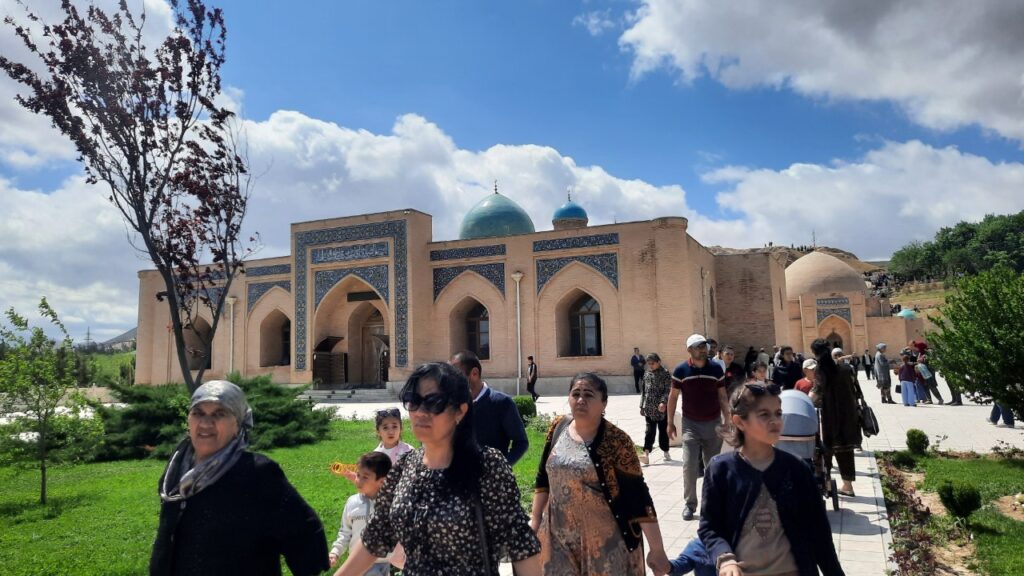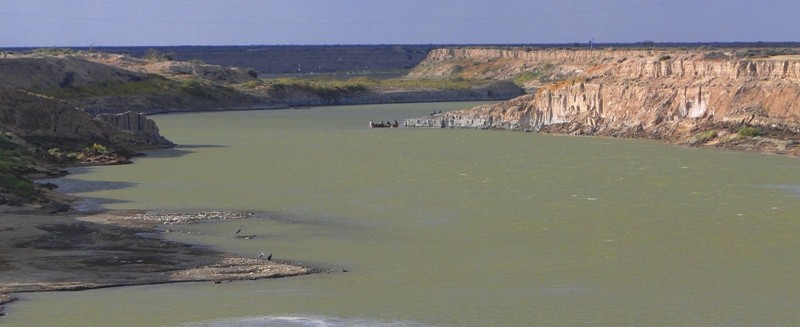In April 2023 a new version of Uzbekistan’s constitution was adopted following a national referendum. The country’s legislation is still being amended, and the composition of government is being molded to these new laws.
At the 49th plenary session of the Senate of the Oliy Majlis of Uzbekistan, senators approved a law that gives the Senate the right of self-dissolution. At the same time, new elections to the Legislative Chamber will be held within two months, and the new Senate will be formed within one month.
They also reduced the number of Senate members by a third — to 65 from 100 previously. Senators will now be elected proportionately from the Republic of Karakalpakstan, the regions and Tashkent city — four people each — and nine are appointed by the president himself. Previously, there were six and 16, respectively.
The number of deputy speakers of the Legislative Chamber has also been reduced — now there are only two compared to the previous seven. This was done because many of the powers of the upper house are duplicated. The number of permanent senators hasn’t changed; it remains at 25. From now on, a representative holding the post of speaker must suspend their membership of a political party.
One important innovation is that now a bill submitted by a group of 100,000 voters, the Senate, the Ombudsman or the Central Election Commission can be submitted to the Legislative Chamber for consideration. Members of the Legislative Chamber and members of the Senate, as part of a special commission, may conduct a parliamentary inquiry.
Representatives also approved a number of exceptional powers for the Senate. Now the upper chamber of the country’s parliament, among other things, can cancel the decisions of local representative bodies of state power — if it concludes that they don’t meet the letter of the law. Also, the Senate has the right to strip any of its members of immunity at the request of Uzbekistan’s Prosecutor General.








